Does Genetics Mean Biology – It’s More Than Inheritance
As an Amazon affiliate I earn from qualifying purches at NO extra cost to you.
Does Genetics Mean Biology? What do you think? We are going to find out. I’m going to take you through a fascinating journey to explore the intrinsic link between genetics and biology. Nowadays it’s easier than you think to find out more about your geneology. Discover who you are with the 23&me DNA kit. It will change your perspective on life.
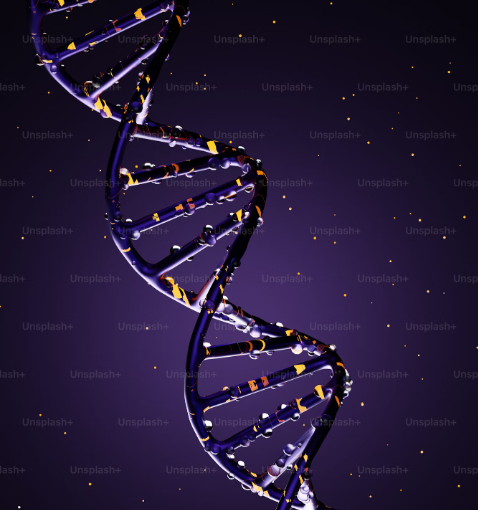
Does Genetic Mean Biology?
This isn’t just about unraveling the complex jargon you might have encountered; it’s also about appreciating how these two realms of science come together to paint the magnificent picture of life as we know it. This begs the question – Does Genetics Mean Biology? Let’s think about it!
Genetics – The Blueprint of Life
Think of genetics as the blueprint of life. It comprises DNA, genes, and chromosomes, which collectively dictate not just our hair color or height, but also our susceptibility to certain diseases and even, to some extent, our behavior and abilities.
You’re going to find out about the marvellous structure of DNA, the molecule that carries genetic information from one generation to the next.
A Genetic Suitcase
Each gene is a unique segment of DNA, and genes are neatly packed into bundles known as chromosomes. The human body, in its intricate glory, contains 23 pairs of these chromosomes, with one set inherited from each parent. That’s the kind of genetic suitcase we carry from our ancestors, but it’s far from being the whole story.
Understanding the basics of genetics is crucial because it illuminates the various biological processes that are central to life. From the way our cells function to how we respond to medication, genetics holds critical insights.
For example, you’ll be intrigued to learn how the genetic information is encoded in DNA and it translates into the proteins that perform vital functions in our bodies.
Genetic Diversity
Importantly, when we talk about genetics in the context of biology, we’re also talking about genetic diversity. This diversity is the reason why you’re unique, even though you share about 99.9% of your DNA with every other human on the planet. It’s also why some species thrive in their environments while others are more vulnerable to changes.
Now, just as you think you’ve got a handle on how genetics fits into biology, I’m set to show you it’s even more influential than you might think. Up next, we’re diving into how genetics doesn’t just pass down traits from one generation to the next but also actively regulates life’s symphony inside each cell of our bodies.
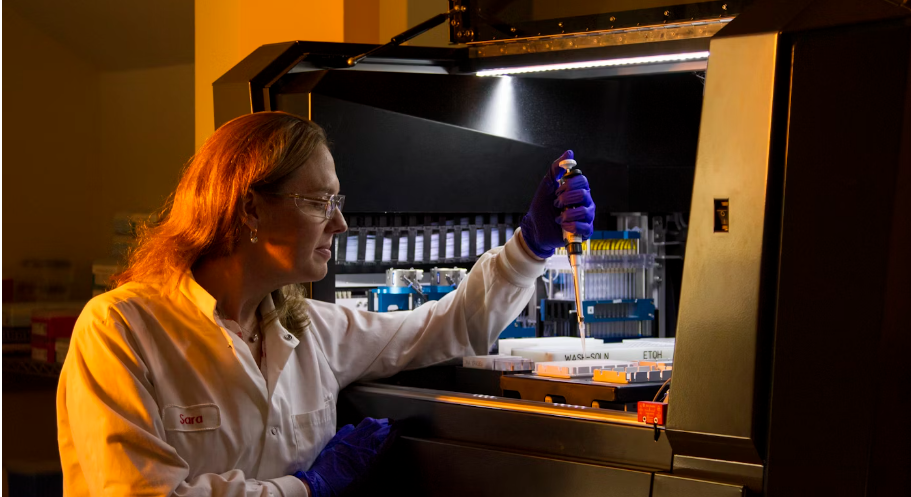
Genetic Influence on Biological Functions
When you think of genetics, inheritance probably comes to mind first, but that’s not the whole story. Genetics also governs how our cells operate and develop over time. Let’s start by considering how genes orchestrate life’s chorus from single cells to complex organisms.
Each gene acts as a blueprint for manufacturing proteins, the workhorses that drive cell functions and maintain our body’s homeostasis. But that’s just the tip of the iceberg. Genetics is involved in everything from how your cells extract energy from food to how they respond to stress.
Beyond these processes, genetic markers—specific sequences of DNA—helps predict an individual’s predisposition to certain diseases. If a close family member has been affected by a particular condition, genetic testing can often indicate whether you’re at an increased risk.
Still, genes aren’t lone players on the biological field. They interact with a myriad of environmental influences:
- Diet
- Stress levels
- Exposure to toxins
This interplay is a dance of nature and nurture that shapes who we are, from our eye color to our likelihood of developing heart disease.
In my experience, understanding this interaction isn’t just about satisfying curiosity; it can empower us to make better lifestyle choices. By recognizing the role that genetics and environment each play, we create a more comprehensive narrative about our health and destiny.
Breaking Down Biological Myths
If you’re under the impression that genetics is your destiny, you’re not alone. It’s a common belief that our genes lay out a fixed blueprint for our health, personality, and intelligence. But guess what? The reality is far more complex.
Consider conditions like heart disease or diabetes; while genetics play a role, they aren’t the whole story. Lifestyle factors such as diet, exercise, and stress management have significant impacts, underscoring the fact that genes aren’t an unalterable fate.
And then there’s the concept of epigenetics, which is altering the traditional views of genetics. This field studies how your behaviors and environment cause changes that affect the way your genes work. Unlike genetic mutations, epigenetic changes are reversible and don’t change your DNA sequence, but they change how your body reads a DNA sequence.
Make sure to tap into your family genogram and find out our your intergenerational DNA. Get a DNA kit. It’s worth the investment.
A child’s development is another area where we see the interaction between genetics and environment.
Children are indeed influenced by a combination of genetic and environmental factors. While genes play a crucial role in determining physical traits and predispositions to certain health conditions, environmental factors also significantly shape a child’s development.
Here are some key factors:
Family Environment:
The home environment, including the relationships between family members, parenting styles, and the presence of stress or conflict, can affect a child’s emotional and psychological development.
Socioeconomic Status:
A family’s economic status can impact access to resources such as education, healthcare, and nutrition, which in turn can influence a child’s development and opportunities.
Education:
Quality and access to education can greatly affect a child’s cognitive development, social skills, and future prospects.
Nutrition:
Proper nutrition is essential for healthy physical and cognitive development in children. Malnutrition or poor diet leads to developmental delays and health issues.
Culture:
Cultural values, traditions, and norms can shape a child’s beliefs, behaviors, and perspectives.
Social Interactions:
Relationships with peers, teachers, and other significant individuals in a child’s life play a crucial role in their social and emotional development.
Life Experiences:
Experiences such as travel, exposure to different environments, and participation in various activities broaden’s a child’s horizons and influence their growth and development.
These factors, along with genetics, interact in complex ways to shape a child’s development and individuality.
Gene Expression
Now, if we’re taking the path of epigenetics into account, there are a treasure trove of factors – from diet, chemicals, to even stress – that may modify gene expression throughout a person’s life. In a way, our lifestyle and choices ‘talk’ to our genes, influencing our biology without altering the genetic code.
As we embrace this knowledge, we are reminded that while genetics provide the framework, they don’t necessarily confer a rigid destiny. This insight empowers us to take active steps in shaping our biological outcomes to some extent. It’s a liberating thought, isn’t it?
Future Directions in Genetics and Biology
I’m going to walk you through some of the groundbreaking advancements in gene editing technologies and their profound potential to change the field of biology. Techniques like CRISPR-Cas9 have opened the door to precise alterations in genetic material, paving the way for possible cures to genetic disorders and diseases.
This isn’t just about medical advancements; the agricultural sector also stands to benefit from genetically modified crops that are more resistant to disease and have higher yields.
But with great power comes great responsibility. Don’t worry too much about the science-fiction scenarios often portrayed in the media, but do pay attention to the significant ethical considerations genetic engineering brings. We need to ask ourselves about the long-term effects of gene editing, the potential creation of a socio-genetic divide, and issues of consent.
Choose something that resonates with you when considering these advancements. Are you excited about the potential to eradicate diseases, or are you more concerned about the ethical implications?
Maybe you find both aspects equally significant. Either way, it’s essential for public understanding to grow alongside these innovations. An informed public helps guide the ethical frameworks that will shape the future of genetic research.
This is the frontier where science fiction edges into reality, raising questions that we, as a society, have never had to address before. The conversation about where to draw the line in genetic manipulation will likely become more nuanced as technology progresses. So my question to you today is, how will we, as a global community, navigate these complex waters?
Founder, Rachele
(w) mybluegenes.com
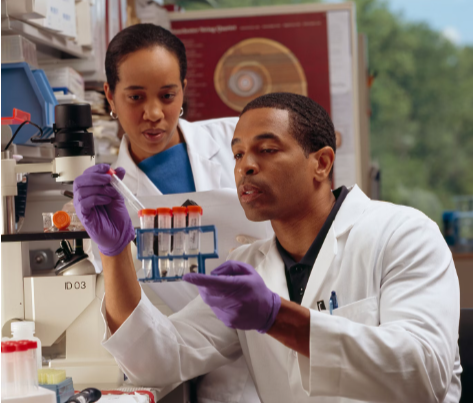
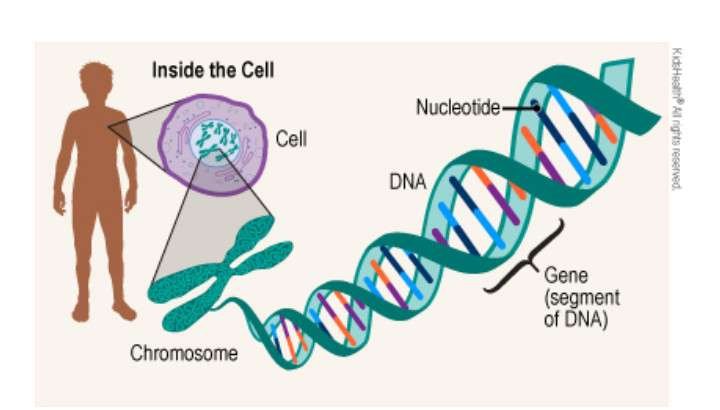
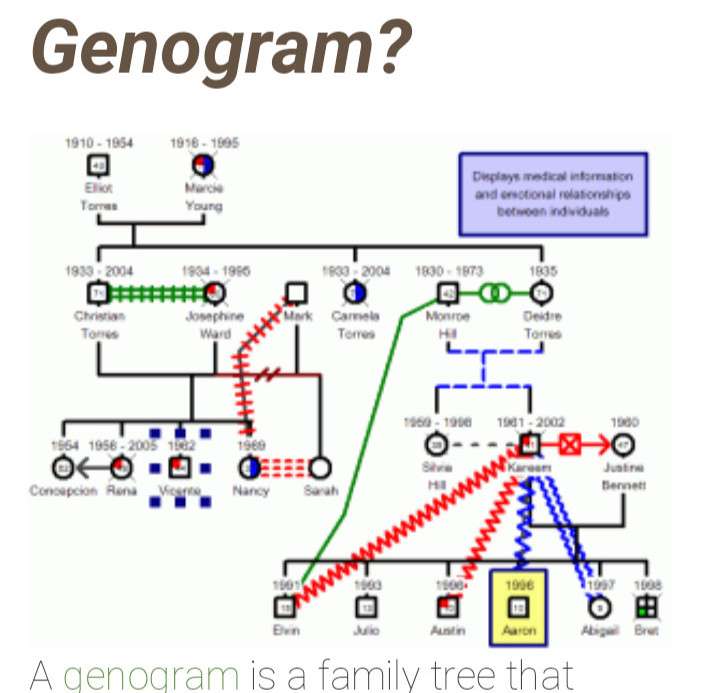

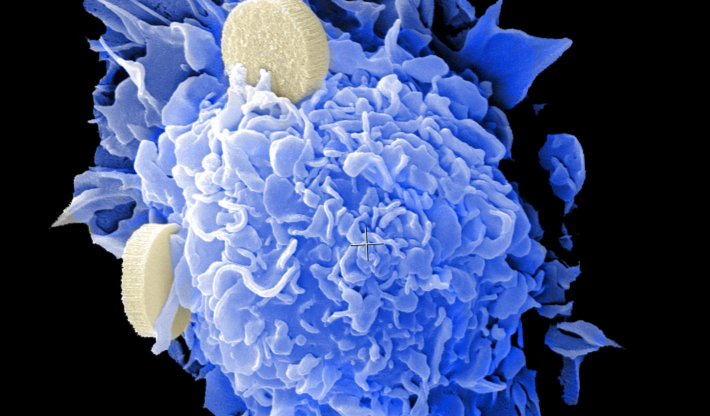
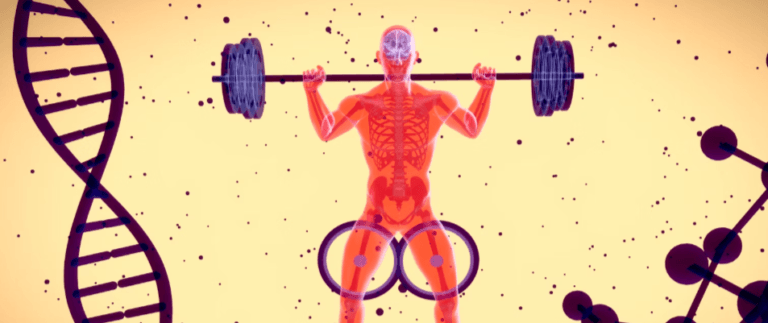
Pretty section of content. I just stumbled upon your blog and in accession capital to assert that I acquire actually enjoyed account your blog posts. Anyway I will be subscribing to your feeds and even I achievement you access consistently rapidly.
you’re really a good webmaster. The website loading speed is incredible. It seems that you are doing any unique trick. Moreover, The contents are masterpiece. you’ve done a excellent job on this topic!
Pharmacy,
Thanks for your generous content. Kindness and encouragemebt goes a long wat, my friend.
You may also like our travel channel:
rovingwithrachele.com